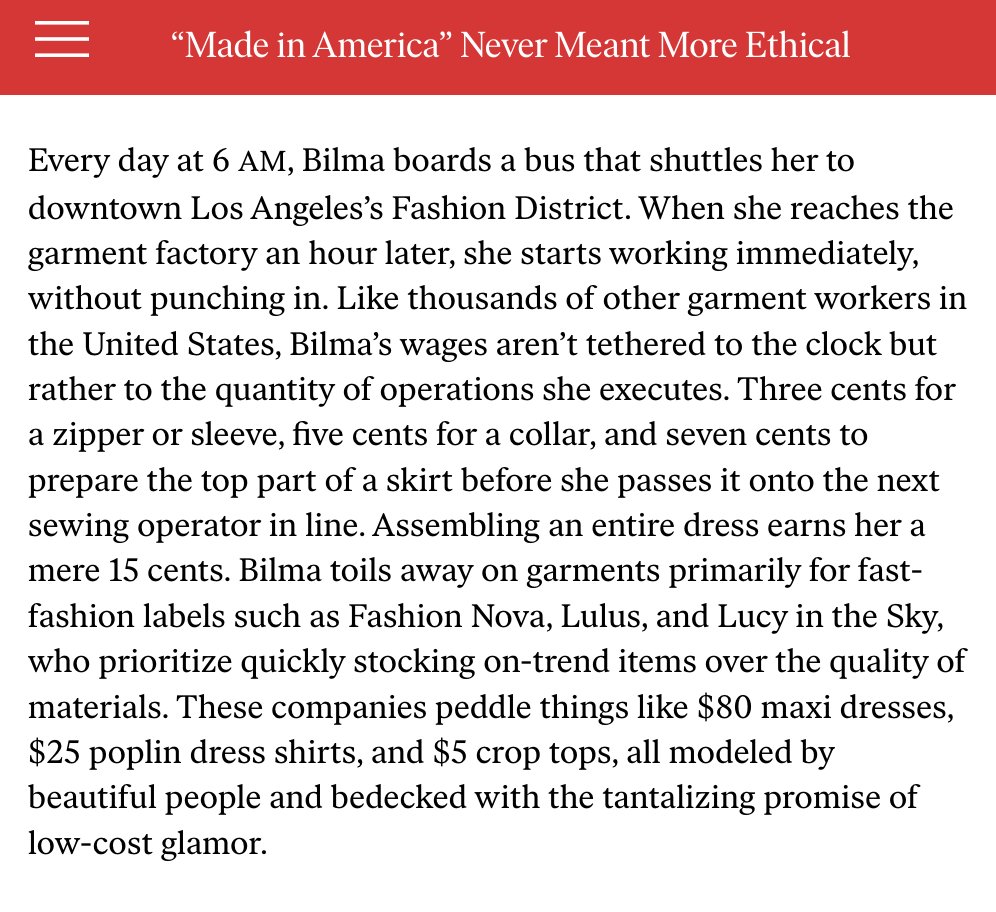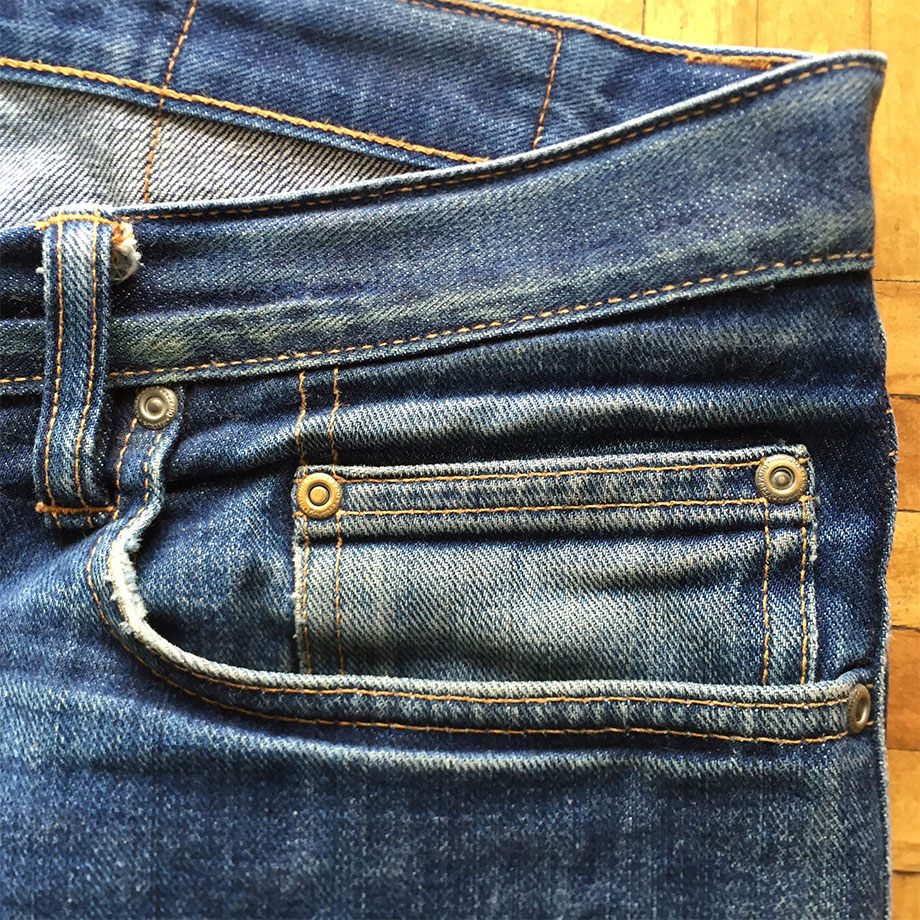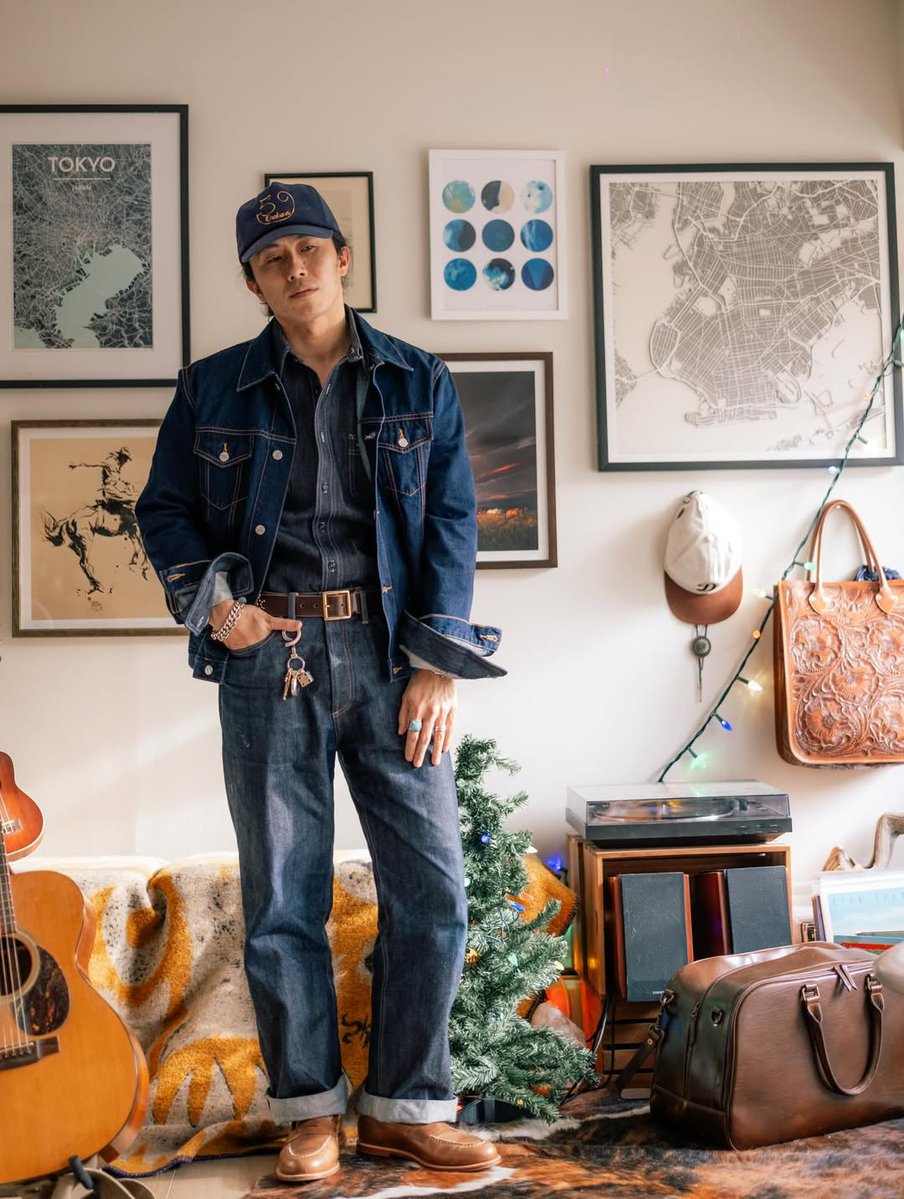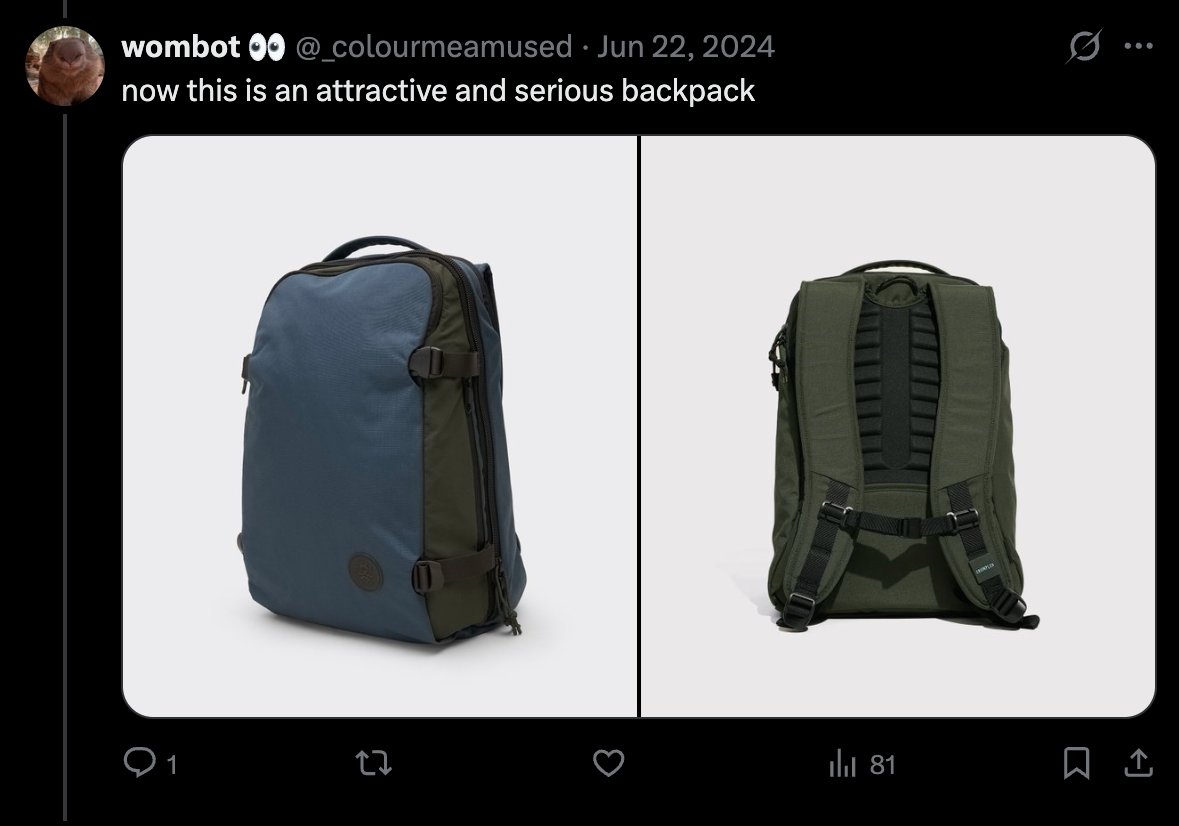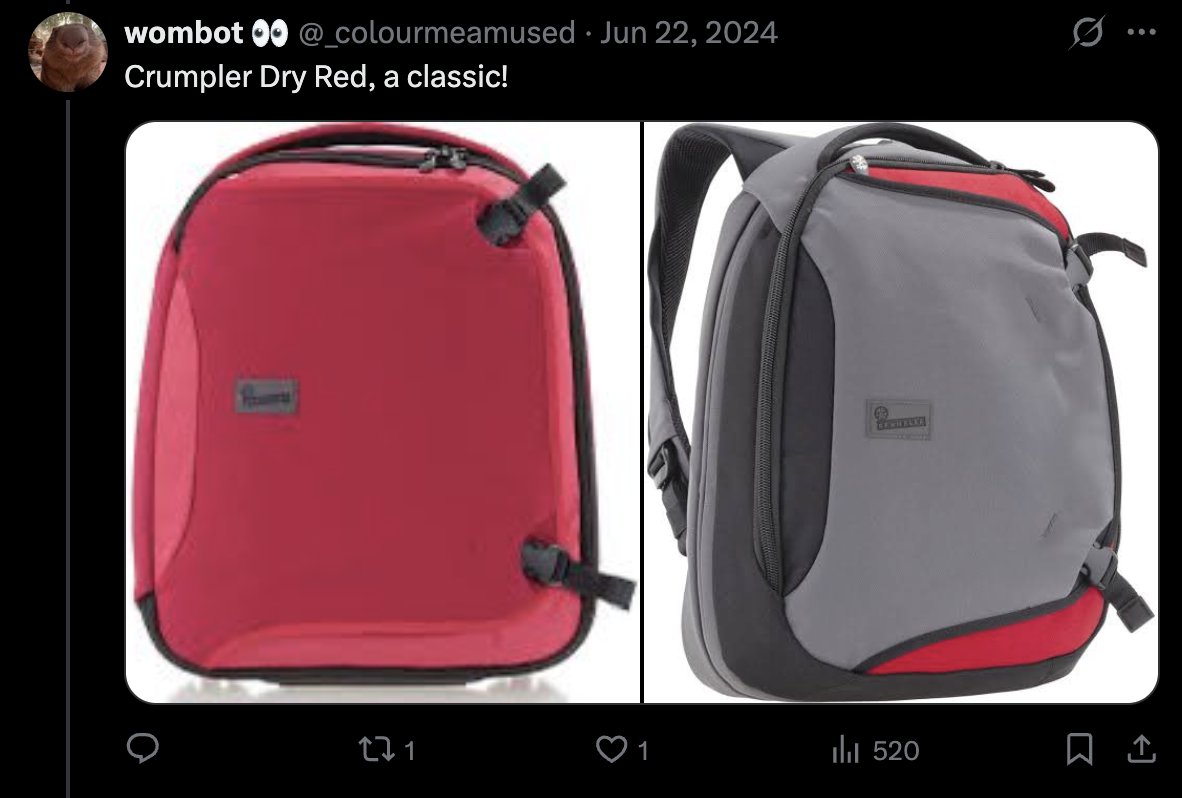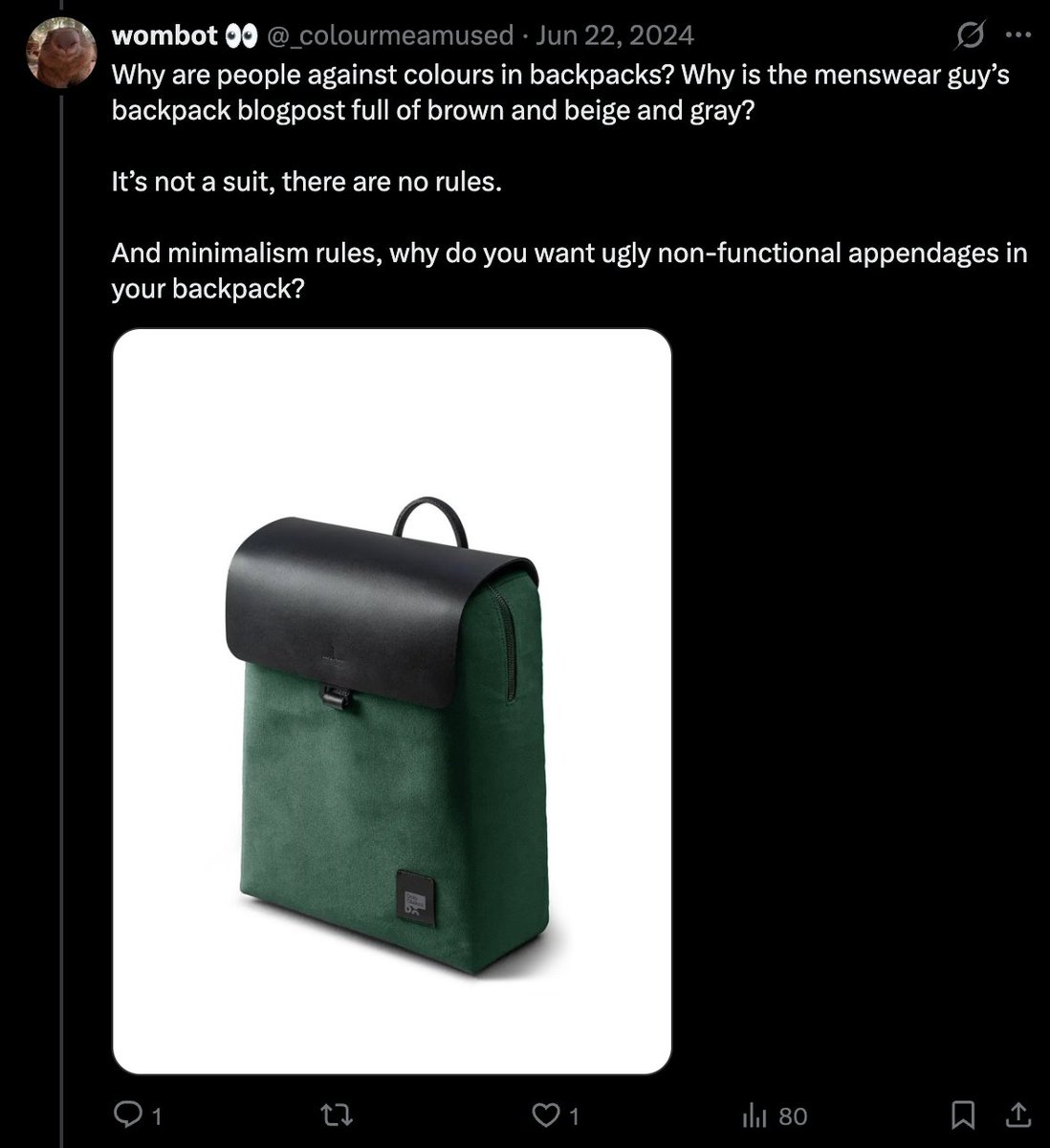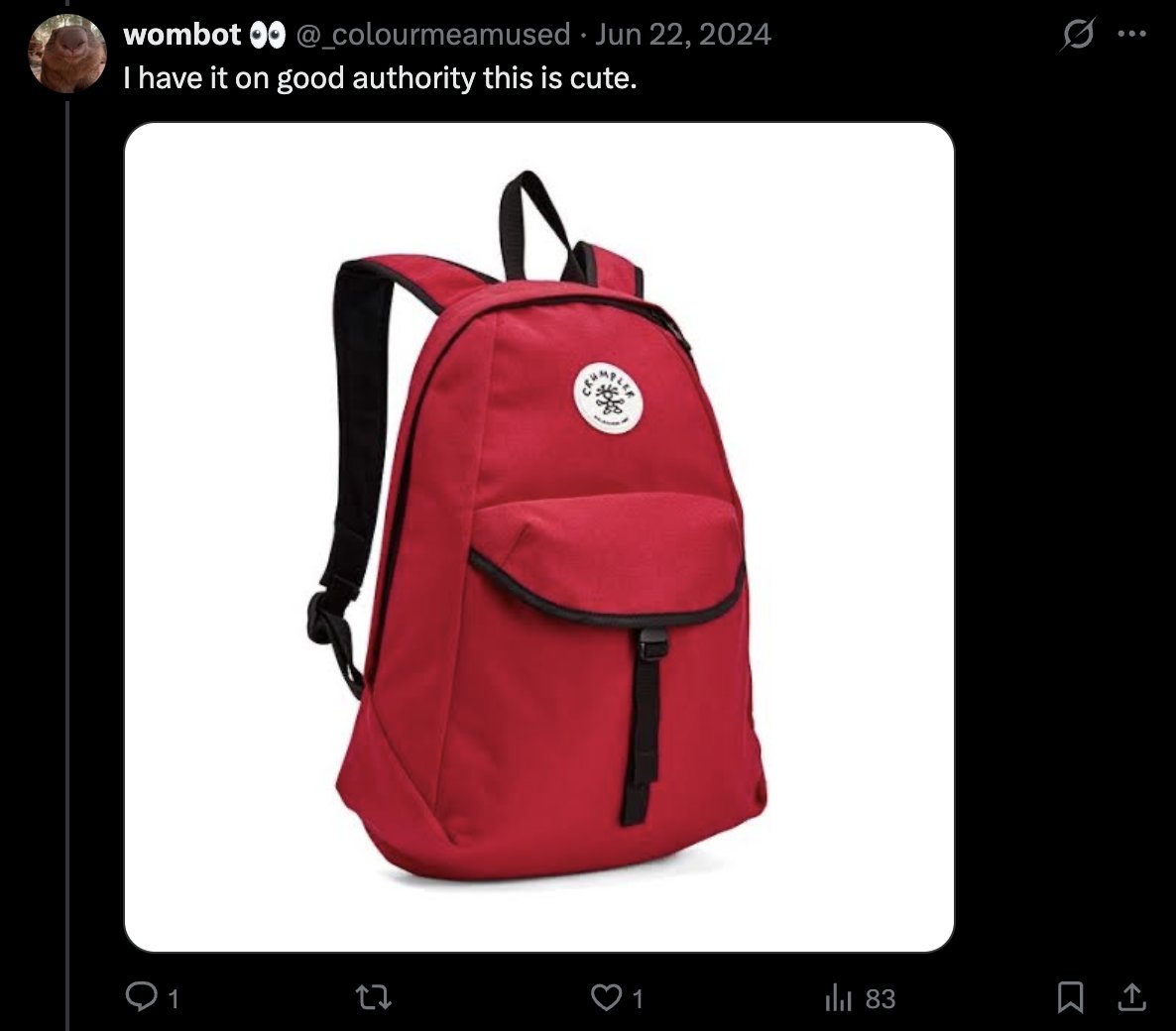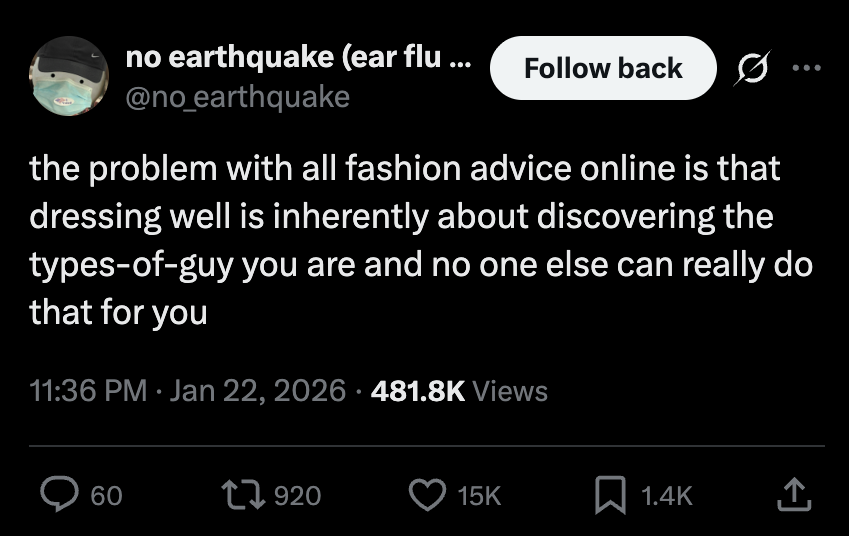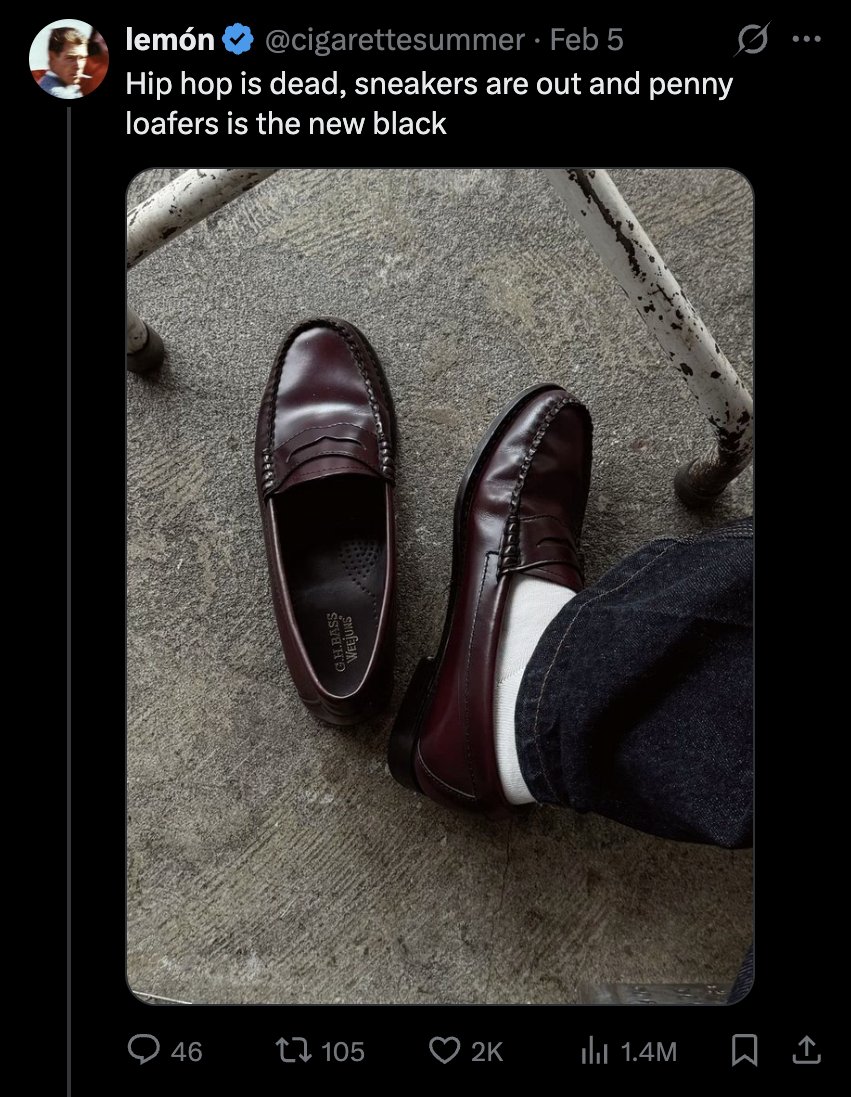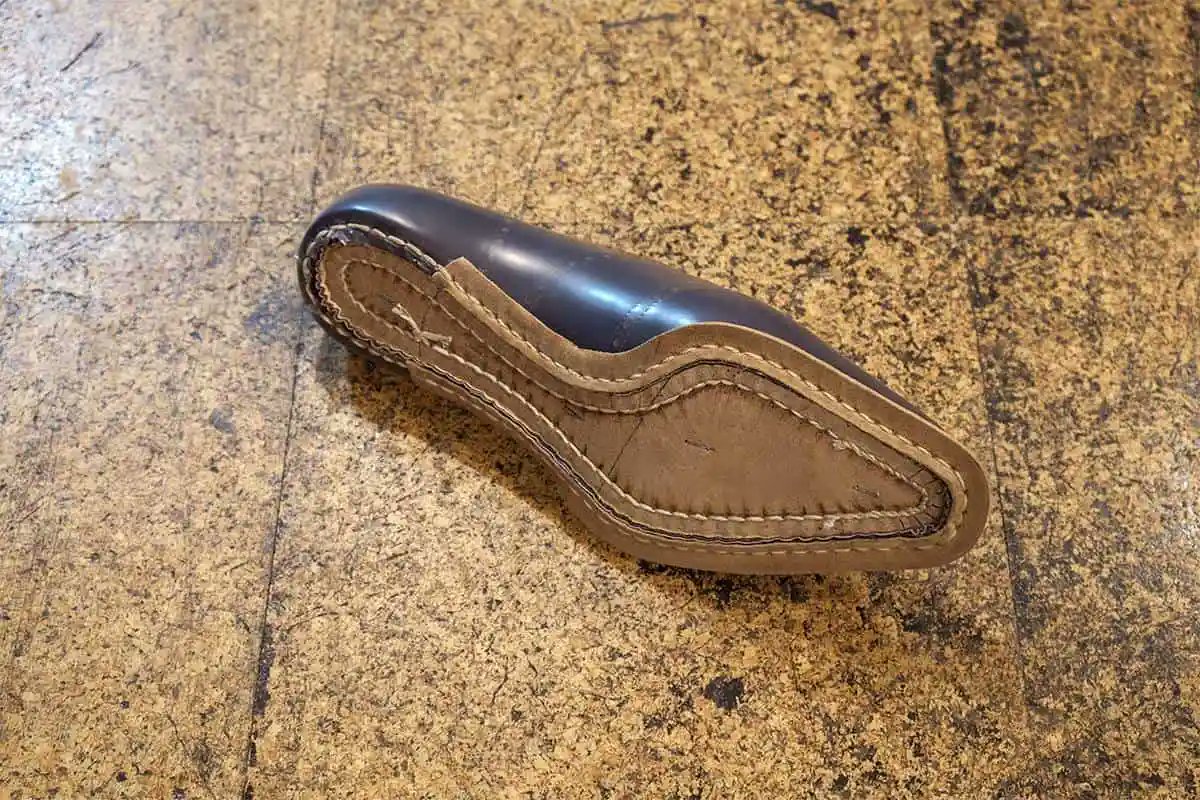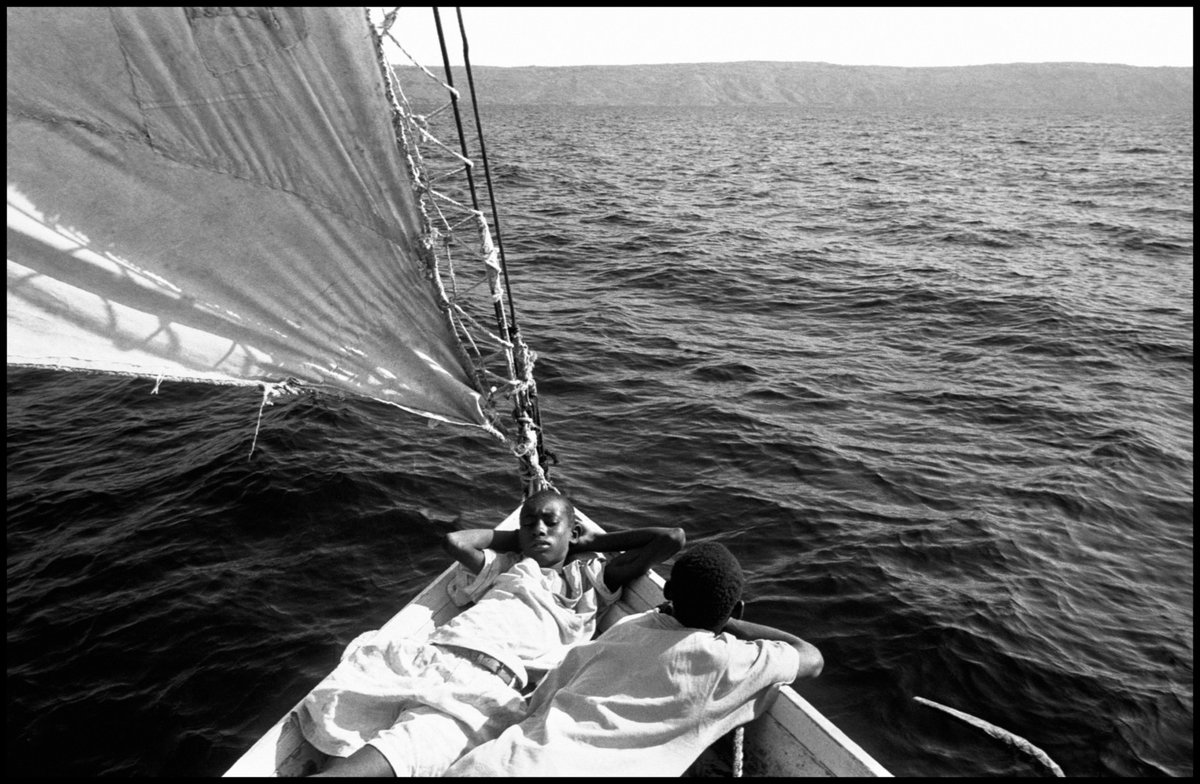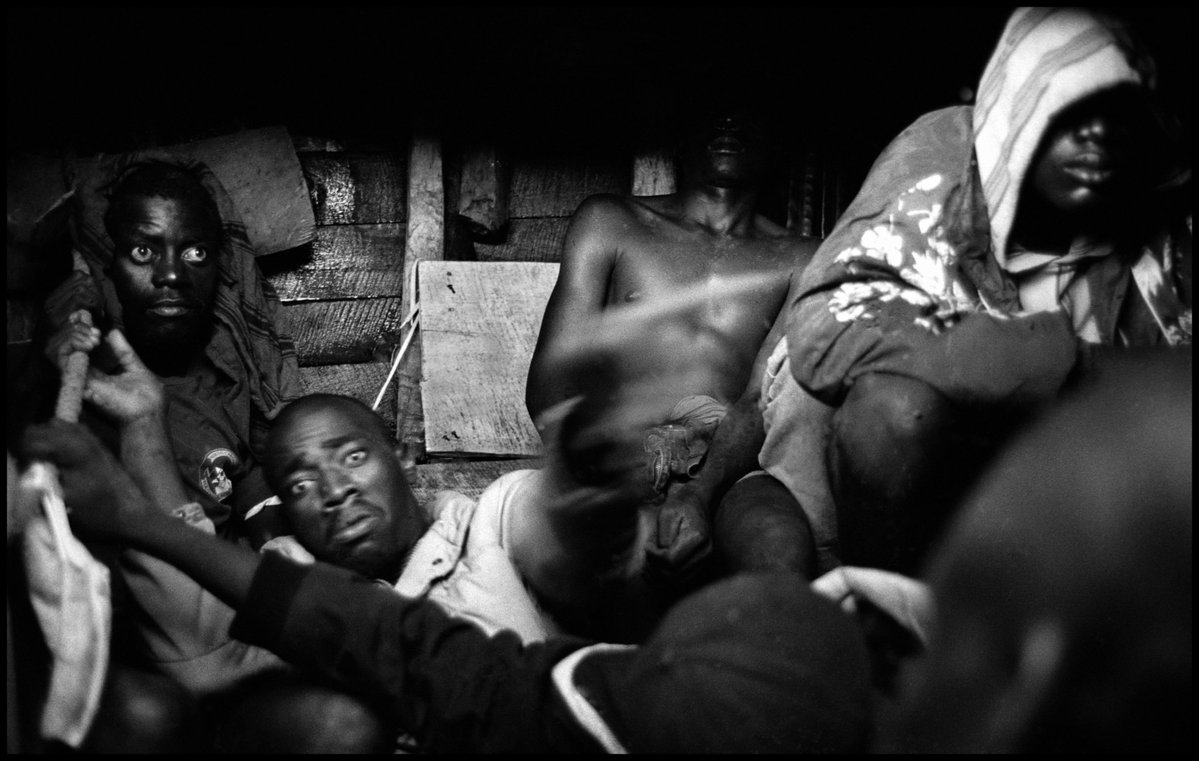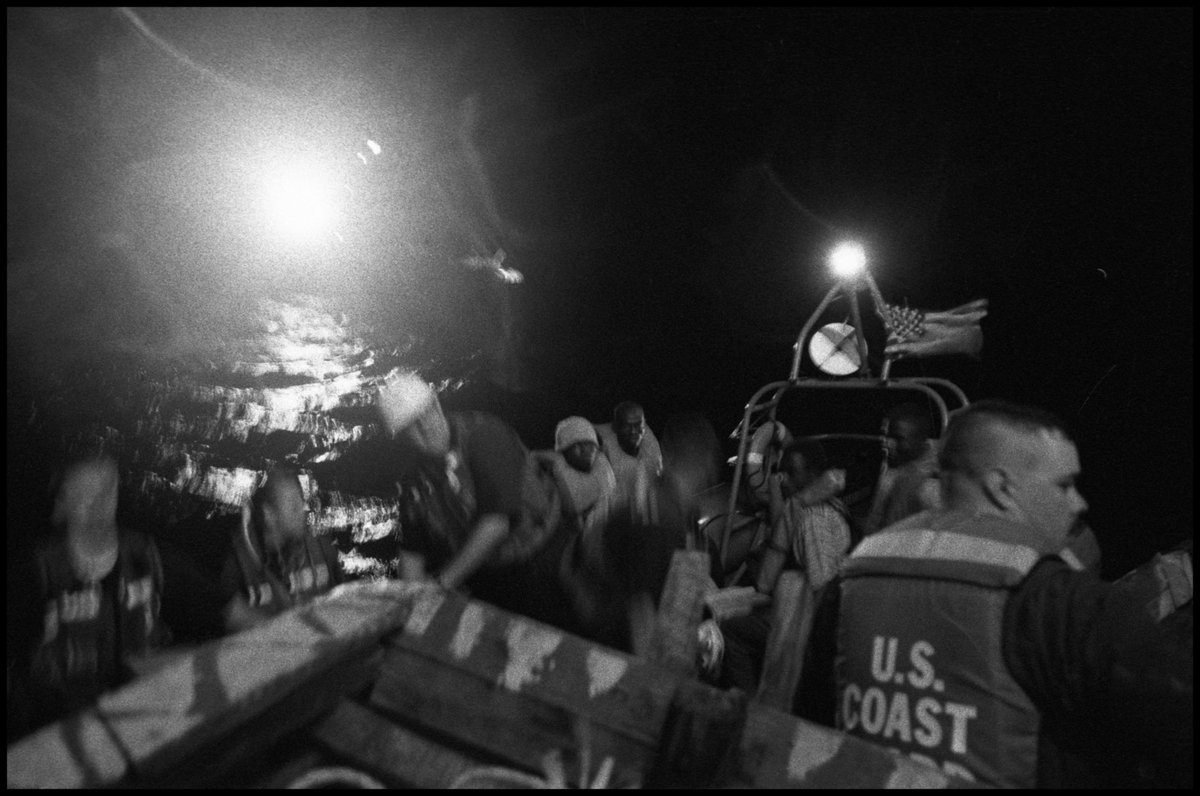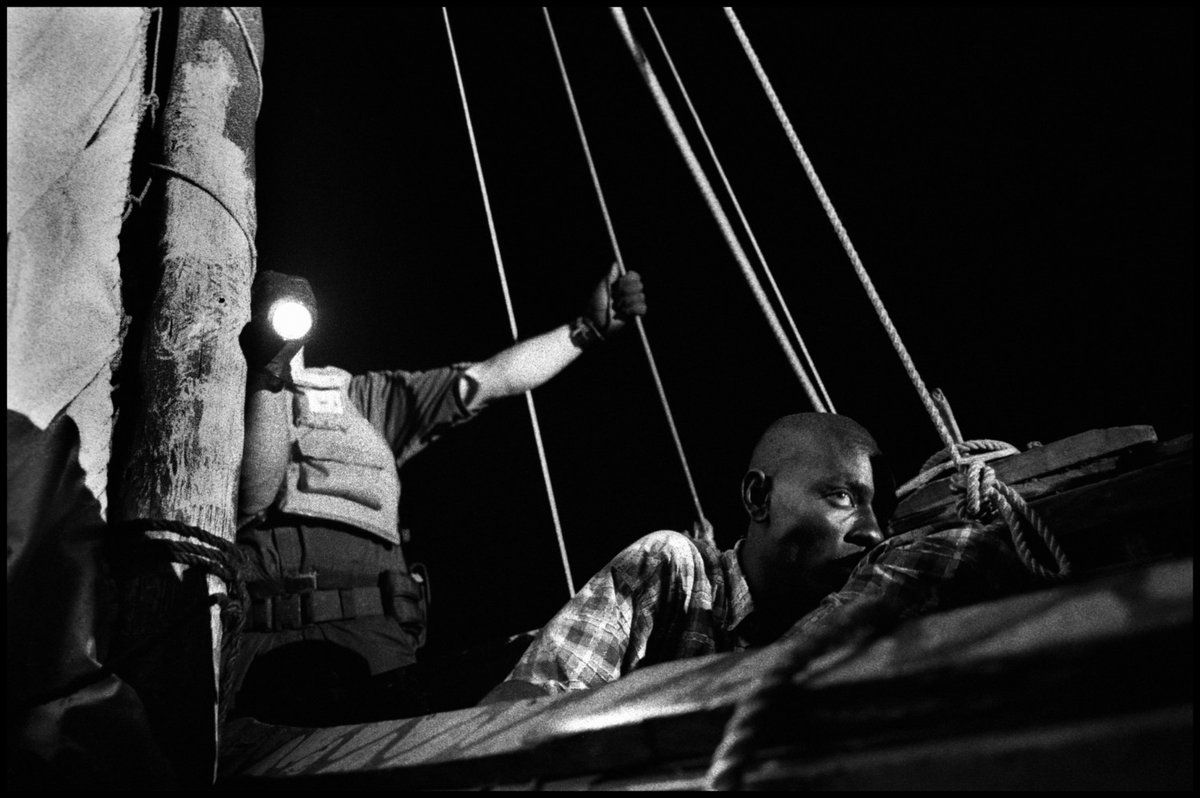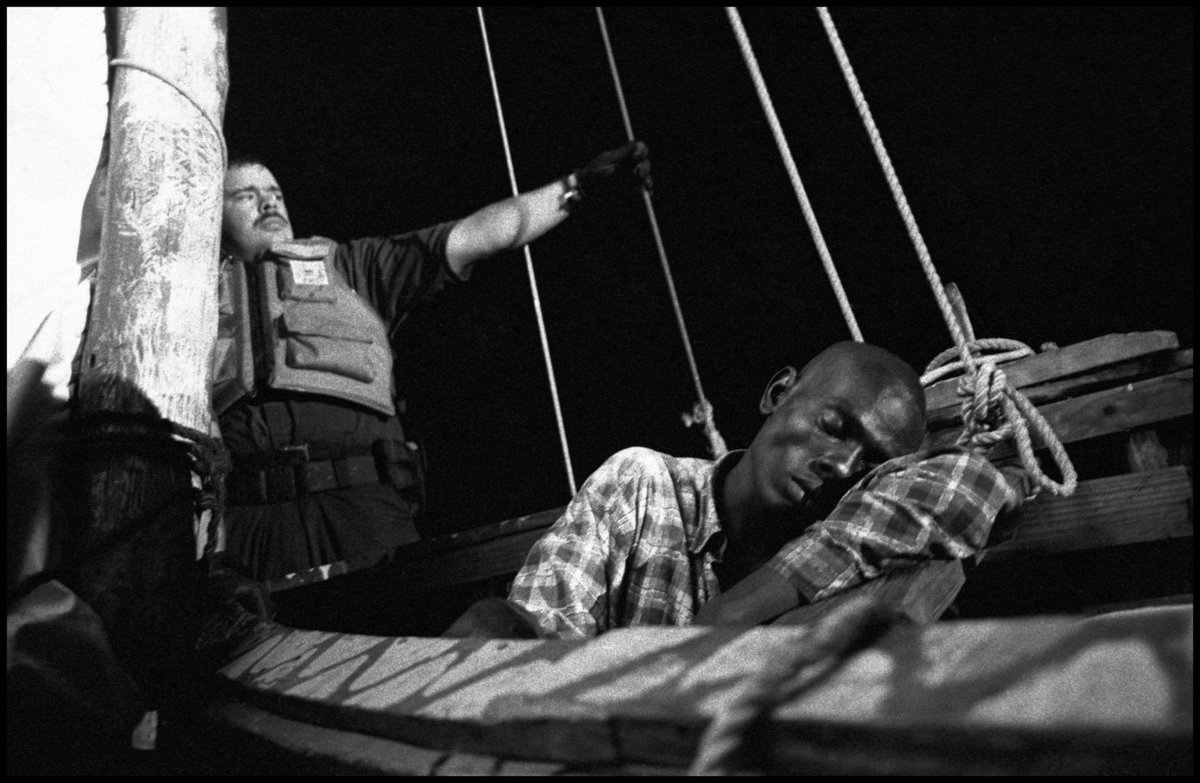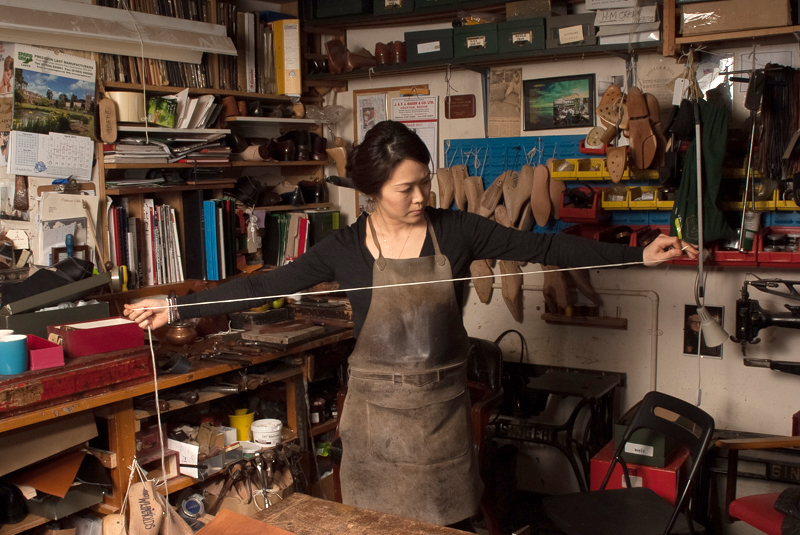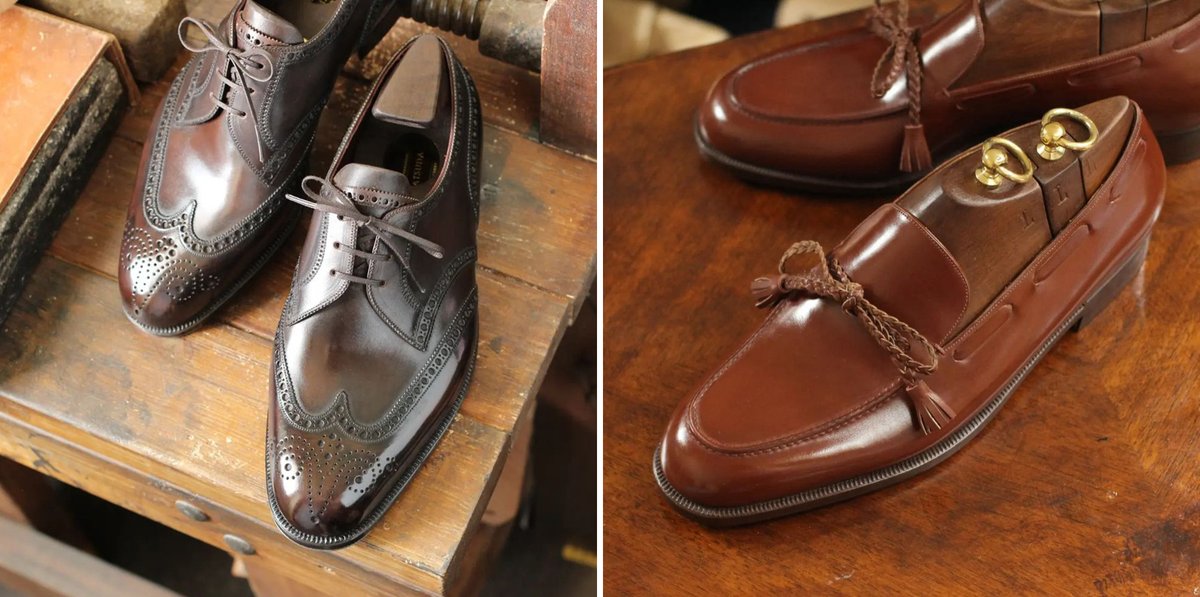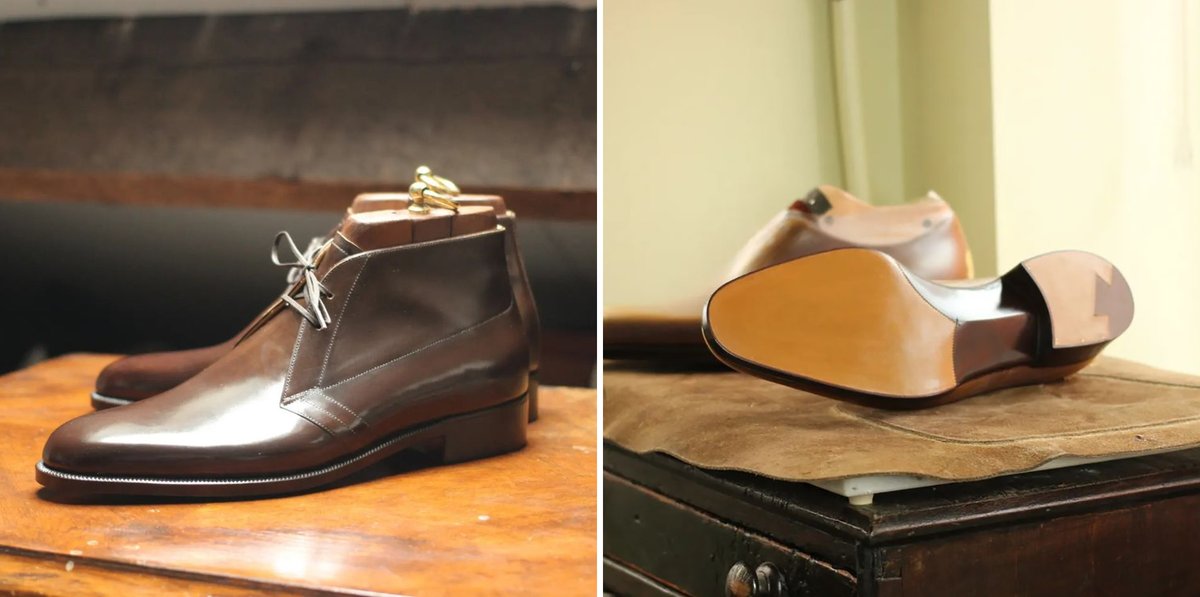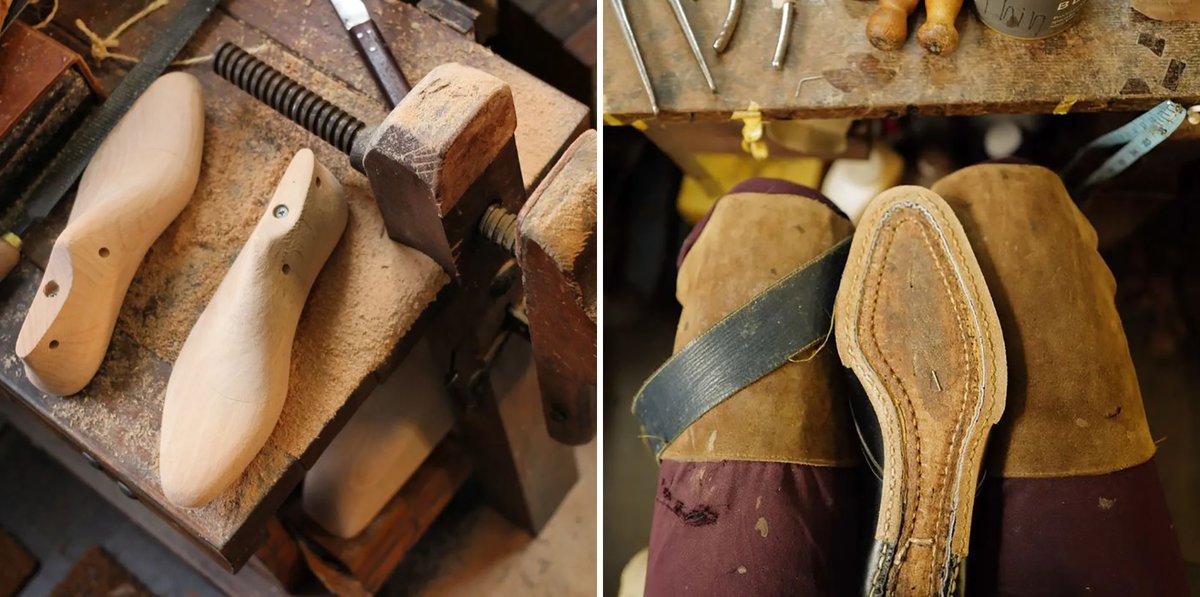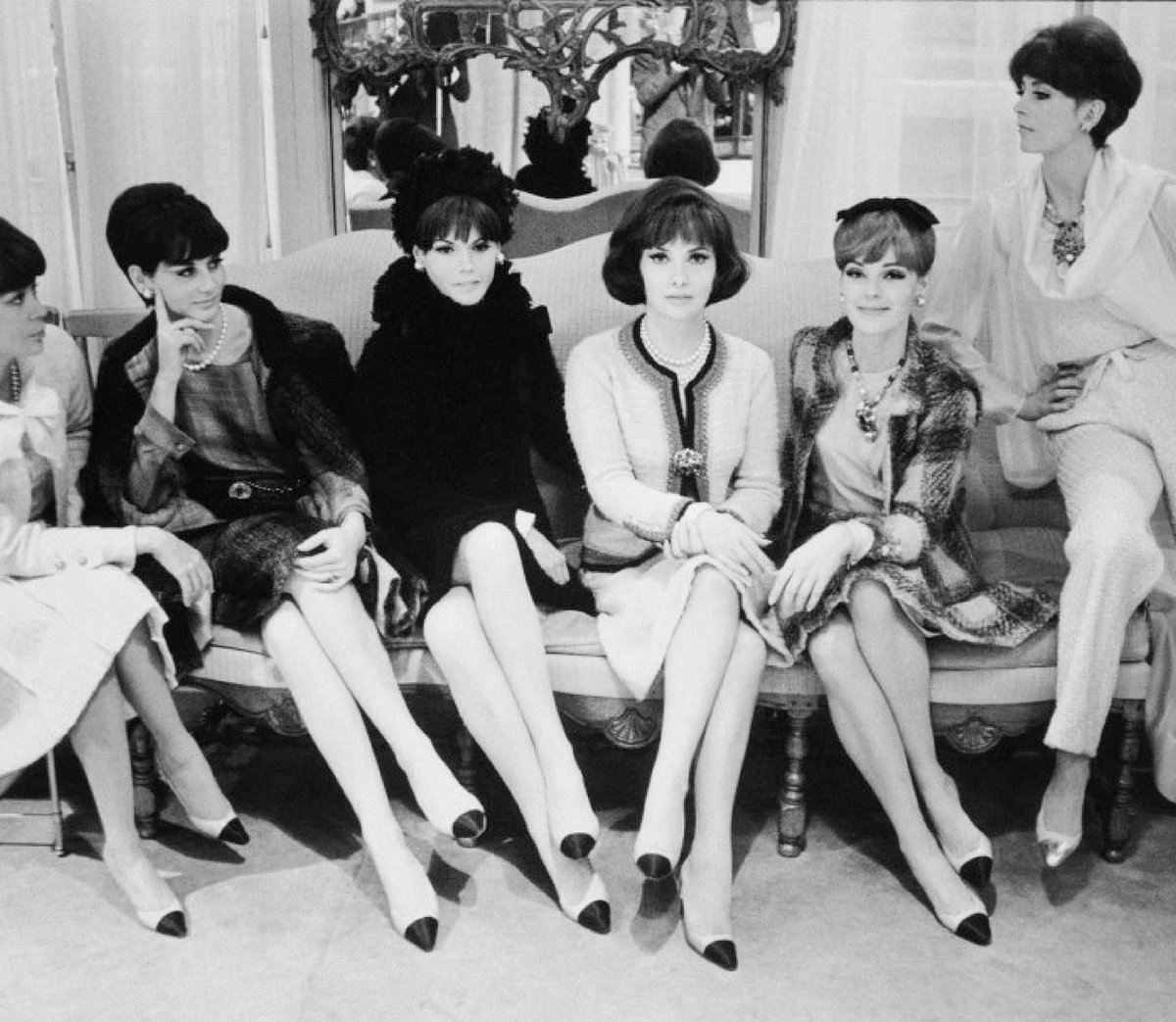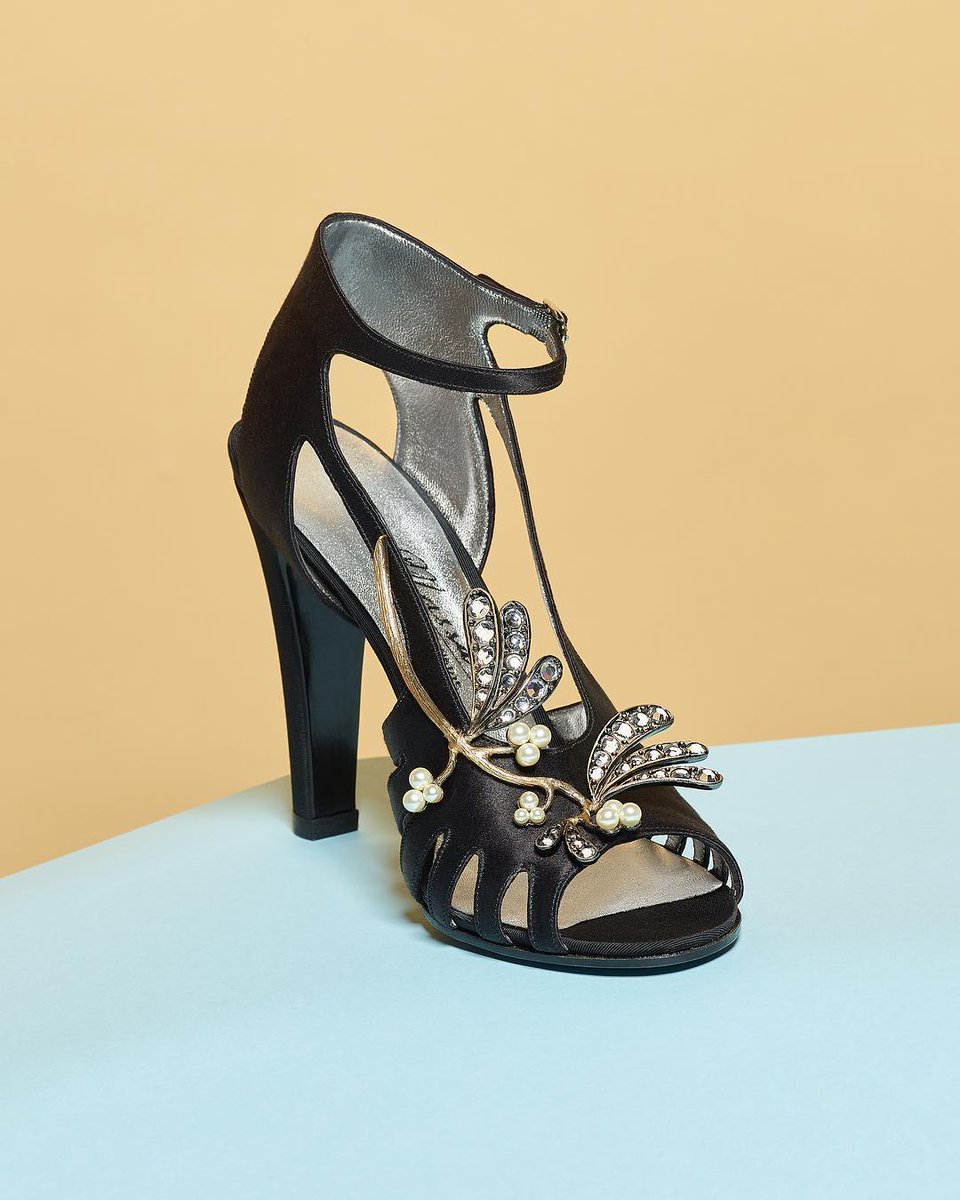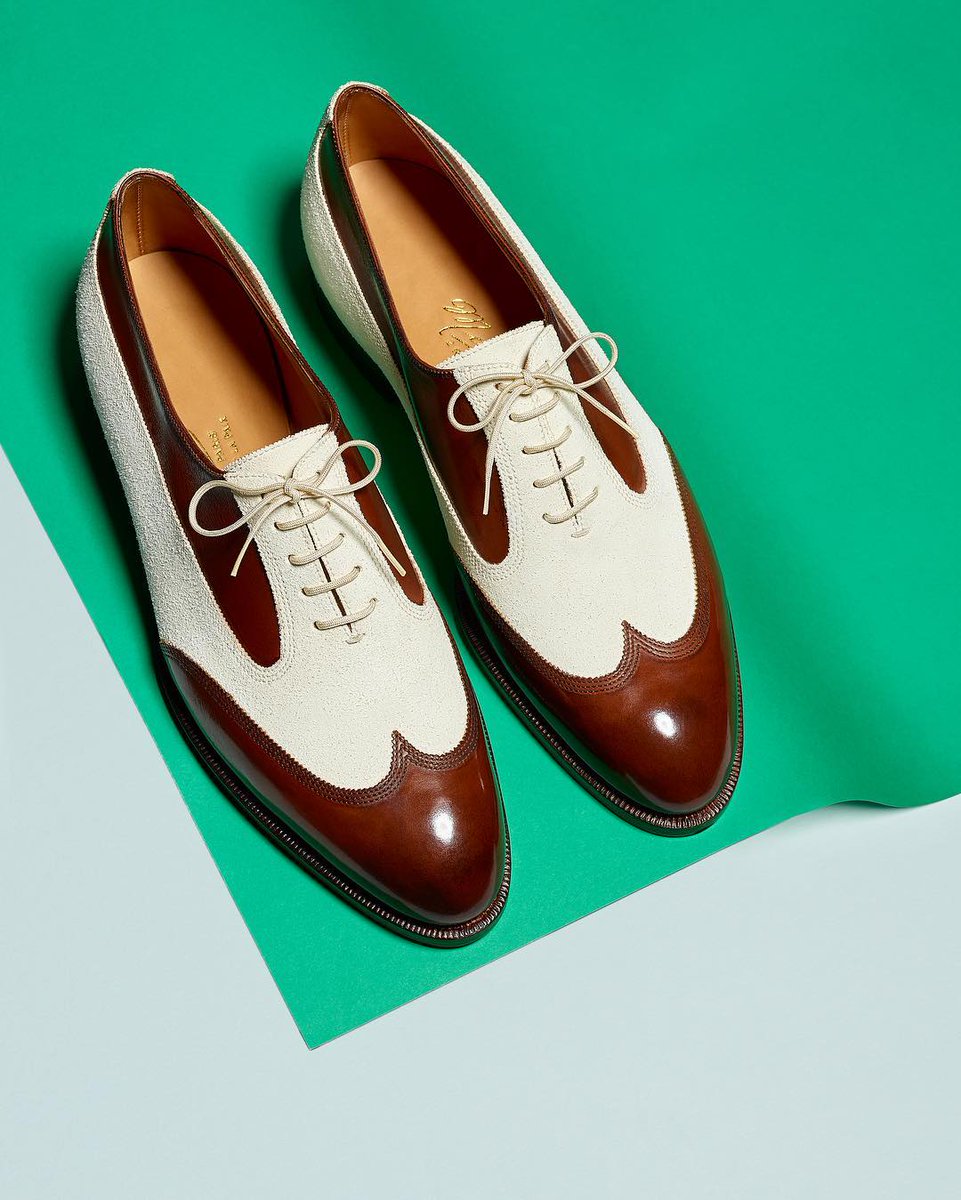People keep asking me to do a thread breaking down why these suits don't look great. I gather that these are famous, very well accomplished F1 drivers (I don't know these people). Since I only talk about famous people, I will do a thread. 🧵 

Please note nothing in this thread is meant to diminish the men in these clothes. If anything, it's the people who dressed them that failed them. I am only talking about the clothes. Hopefully, by pointing out these issues, you will learn something for when you're shopping.
A pinstripe suit with a white business shirt cries out for tie. If you don't want to wear a tie, then you need a more casual shirt or a more casual suit. Additionally, the shoes are too chunky for this outfit. 

But the biggest issue is that there's something wrong with the tailoring. It's very easy to spot this on a patterned fabric because the vertical lines should run "true," which is to say straight up and down. See how these lines are swinging away from his body. 



A properly tailored jacket should hang like a balanced scale from the shoulders. See how the front hem on these jackets don't swing forward. In the second photo, you can see how the lines run "true."
The grey pinstripe suit simply doesn't fit and should not be worn.

The grey pinstripe suit simply doesn't fit and should not be worn.

I commend this person for trying to be adventurous but I just don't think it's working on him. The outfit is just too large. The proportions on the jacket are also strange (too truncated at the bottom). But cool that he tried something different. 

The best of the group but the jacket is too short and the pants are too slim, causing them to catch on his legs. I think he would look better in a longer jacket and slightly fuller pants, as well as shirt collar points that reach his lapels. 



Shoulders strike me as too wide and trousers are too long. This can be a style (1980s Armani-esque). I just don't feel it's working here. I think this would look better with narrower shoulders, slightly trimmer pants, and less break. 



Personally don't like this silhouette and really dislike the shape of the lapels. Bottom button shouldn't be fastened. Would look better with dress shoes, not sneakers. 



Both pairs of pants are too slim. Second person's jacket is too short. Both would look better with traditional dress shoes. Personally dislike luxury sneakers like Zegna's. Minimalist sneakers that cost $1,000 are inherently corny. 

I am often accused of having overly traditional taste. It's true that I generally prefer tailors over designers. I also think that certain ideas work: a jacket that bisects the person halfway from collar to the floor; jacket silhouette flows into the trousers. 



These two outfits on the left don't look good to me bc they make the wearers look like double popsicles standing on sticks. This silhouette can be fine for casualwear, but I think suits look best when the jacket and trouser form a harmonious whole. 



Some people will say I'm old fashioned. But I think these three guys at the premiere looked great. And look: their outfits follow basic tailoring principles: jackets bisect halfway from collar to floor; jacket silhouette flows into trousers. Outfits don't look old fashioned. 

I assume the three men above were helped by higher-powered stylists. Perhaps the F1 drivers were just put in branded clothes. IMO, if you are a celebrity, you should turn down brand deals. Don't wear clothes for money (you don't need more money). Instead, hire a tailor.
Is this a guarantee for success? No, of course not. There are *lots* of bad tailors. Even good tailors sometimes get things wrong. But to me, this is a much better way of going about this process. Don't assume something is good just because it's expensive or a luxury brand. 

Instead, find a tailor that specializes in a house style that resonates with you. Try them out, just as you would try a restaurant. Let them "cook" for your once (try the "house dish"). If you like it, maybe adjust on the margins on the next order ("leave off the basil"). 



A suit doesn't have to be boring. There are lots of tailors who can make you a "creative" suit. Nina Penlington makes suits inspired by 1970s and 80s rock and roll. Here she's making a black twill Western suit for @urban_comp.
IG ninapenlingtonbespoke
IG ninapenlingtonbespoke

Kamsten, a new custom tailoring company by Kamau Hosten, makes suits with a lot of sexy 1970s energy.
Suited Atelier, another new company, is run by Ash Owens. They pitch themselves as making for all genders and all bodies.
IG kamauhosten and suitedatelier

Suited Atelier, another new company, is run by Ash Owens. They pitch themselves as making for all genders and all bodies.
IG kamauhosten and suitedatelier


Alternatively, you can go with a traditional tailor, but choose an interesting fabric. But remember: tailoring quality is paramount. It's all about cut and silhouette. Don't get caught in how something is expensive or from a luxury brand. That stuff doesn't matter. 

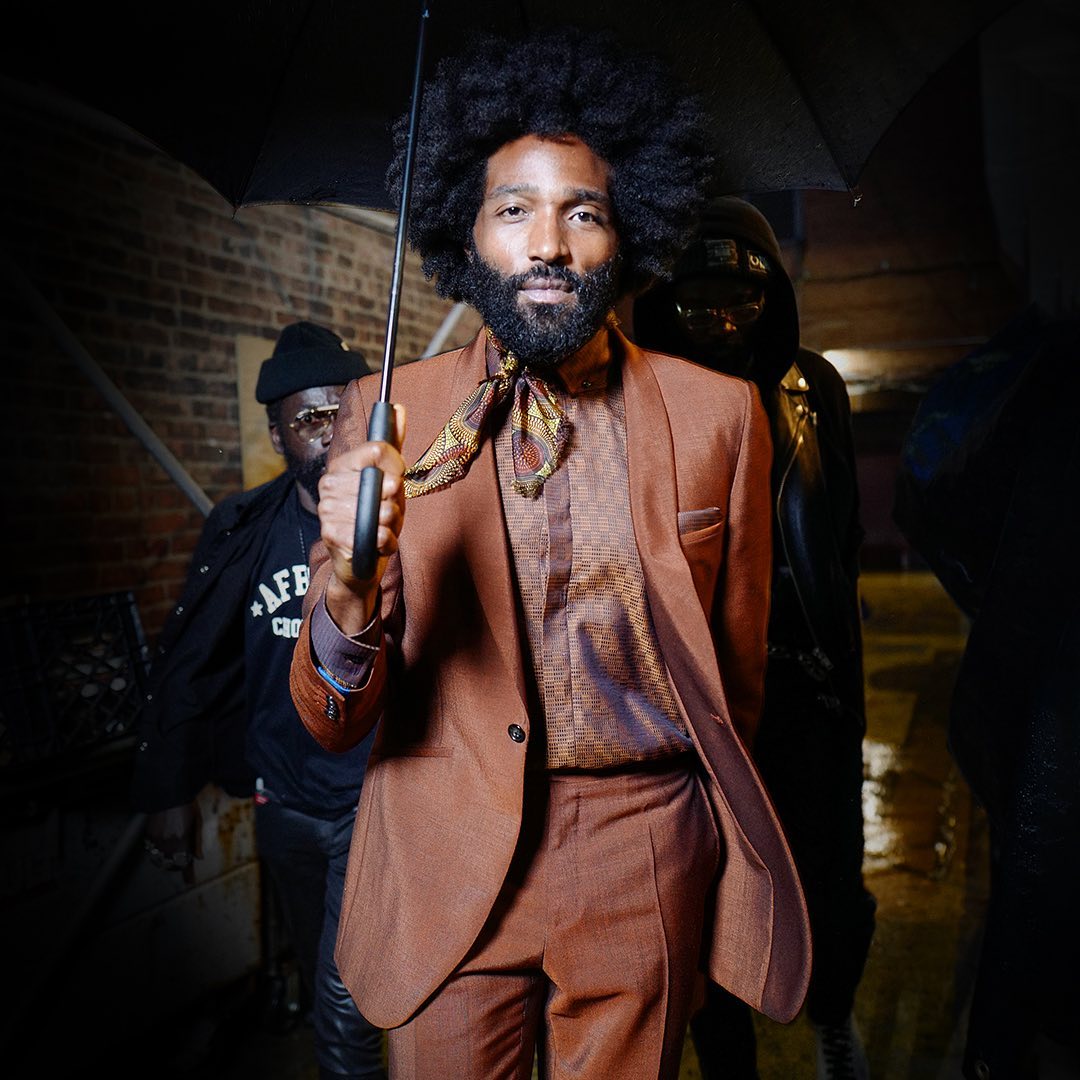

• • •
Missing some Tweet in this thread? You can try to
force a refresh



